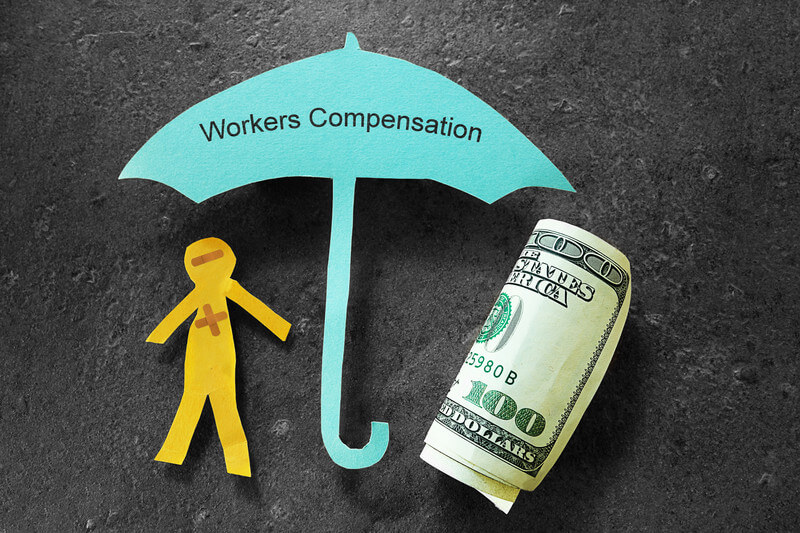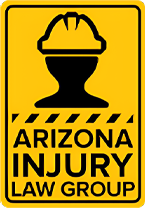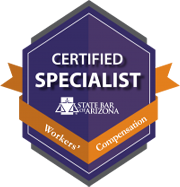Can You Sue Your Employer for a Work-related Injury in Arizona?


The introduction of workers’ compensation laws in the U.S. provided injured workers with access to medical treatment and income benefits while recovering from job-related injuries and illnesses. The laws offered employers protection from lawsuits from their workers as had been occurring before there was workers’ comp legislation. There are, however, some limited circumstances under which Arizona courts will entertain lawsuits against an employer.
LAWSUIT OPTION FOR WORKERS NOT COVERED BY COMPENSATION
Most workers are covered under the state workers’ compensation system through insurance policies paid for by their employers. Workers have the right to sue if their employers fail to provide the mandatory insurance coverage, or they can file a claim for workers’ compensation under a Special Fund administered through The Industrial Commission of Arizona instead of suing.
State workers’ comp laws offer workers the ability to opt out of the system as long as they do so in writing before they are injured or become ill from a work-caused incident. If they opt out, workers retain the right to sue their employers if they can prove the employer’s negligence caused them to suffer an injury. There are risks associated with opting out of coverage under workers’ compensation that should be discussed with an attorney familiar with this area of the law.
WILLFUL MISCONDUCT BY AN EMPLOYER
Lawsuits against employers for intentionally causing injury to a worker are uncommon because they require evidence proving the conduct of the employer included the following elements:
- The employer’s conduct was purposeful as opposed to accidental.
- The intent of the conduct was to cause injury to the worker.
- The conduct resulted in the intended injury.
An example of willful misconduct by an employer would be punching an employee during an argument. This type of assaultive conduct could not be mistaken for something done accidentally, such as lifting a longboard and hitting another person as you were turning with it.
BAD FAITH IN HANDLING AN EMPLOYEE’S COMPENSATION CLAIM
State law requires insurance companies and employers to act in good faith when handling a claim for benefits filed by an injured worker. A.R.S. §23-930 defines bad faith as the following:
- Unreasonable delay in paying benefits or authorizing medical treatment
- Unreasonable underpayment of benefits
- Unreasonable termination of benefits
- Intentionally misleading a claimant about the extent of benefits to which the person is entitled or about a legal obstacle to obtaining benefits, such as the statute of limitations
- Unreasonable obstruction or interference with a claimant’s ability to choose a physician
If it can be proven that an employer or workers’ compensation insurance company violated the law by acting in bad faith, a worker might be entitled to sue for damages. It can be difficult distinguishing a normal delay in processing a claimants application for benefits from one that is unreasonable under A.R.S. §23-930.
Individuals who believe they might be victims of bad faith by an employer or by an insurance company should speak to a skilled workers’ compensation attorney for guidance. An attorney with knowledge and experience in handling compensation claims can review the facts and determine if bad faith or other grounds exist for a lawsuit against an employer or insurance company.
Get Help Today
Call Immediately For A Free, No Obligation Consultation And Let Us Help You Put Your Life Back On Track. Let Us Help You
Regain Normalcy And Stability Again. We Want To Help You Get The Benefits You Need And Deserve!


